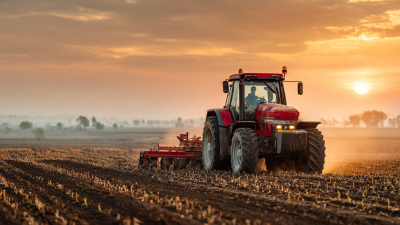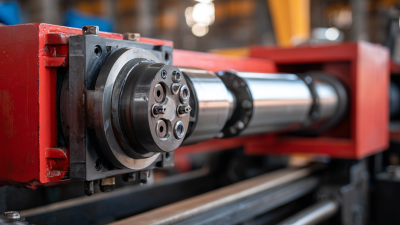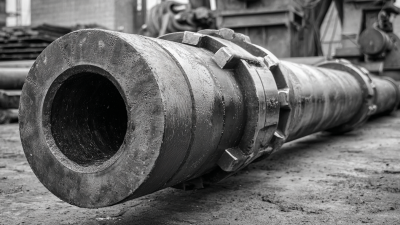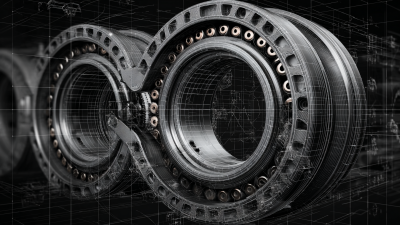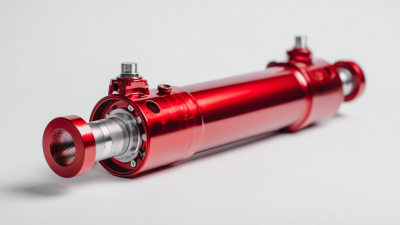 +86-13349293098
+86-13349293098
Leave Your Message
-
 Contact Phone
Contact Phone -
 Contact WhatsApp
Contact WhatsApp -
 Contact Email
Contact Email



Choosing the right agricultural cylinders is a crucial step in optimizing farming operations and improving overall productivity. As the global agricultural machinery market is projected to reach $250 billion by 2025, the demand for efficient and durable components such as agricultural cylinders continues to rise. According to a report by Mordor Intelligence, the agricultural cylinder segment is expected to grow significantly due to increasing mechanization and the need for precision in farming.
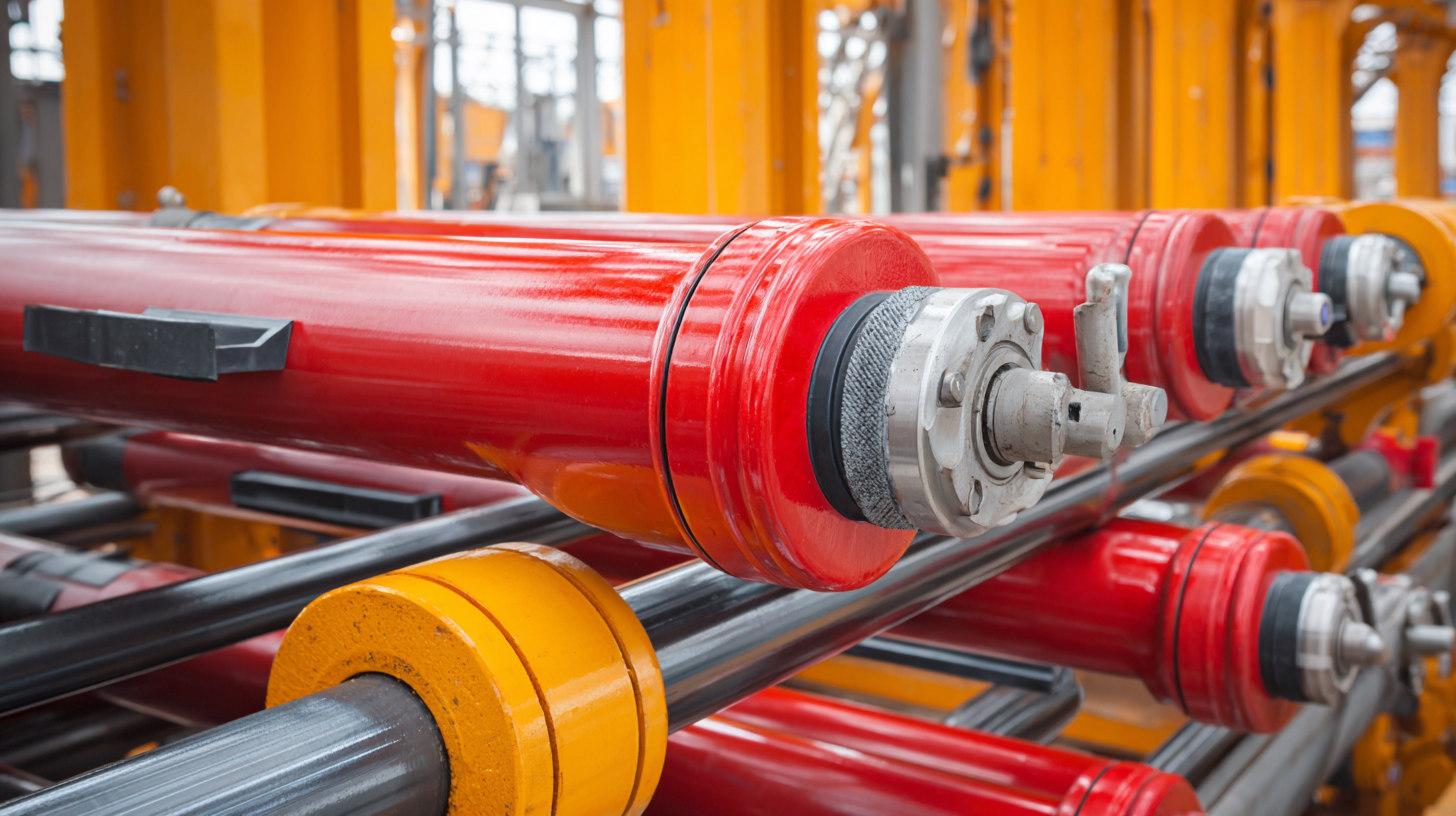
Agricultural cylinders play a vital role in various equipment, from tractors to harvesting machines, and selecting the appropriate type can enhance performance, reduce downtime, and ensure greater yields. With advancements in technology and materials, farmers face an array of choices that require careful consideration of their specific needs, making an informed selection essential for sustainable farming practices.
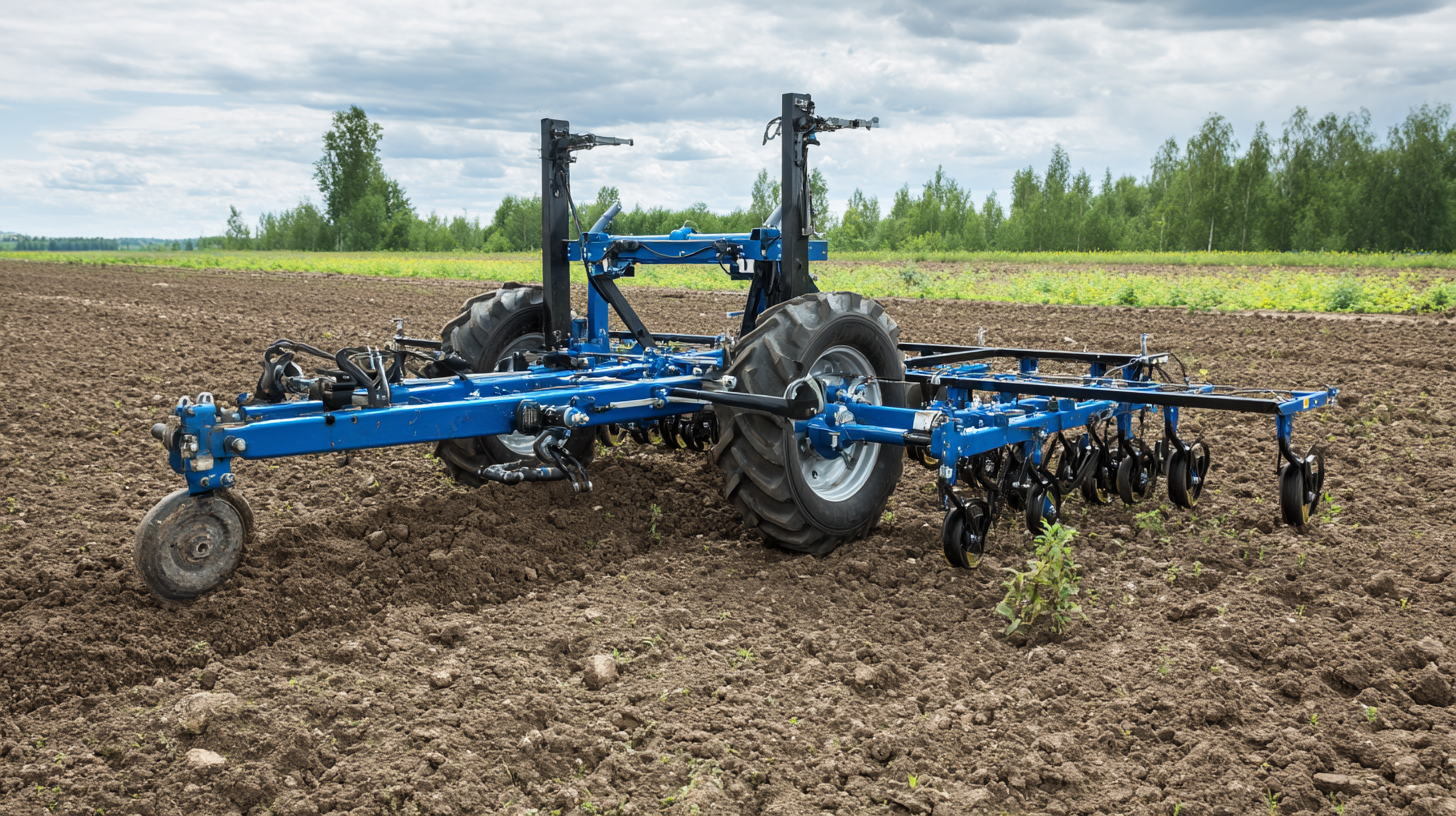 Identifying your farming requirements for agricultural cylinders is crucial to ensure the efficient operation of your equipment. Start by assessing the specific tasks your farm handles, such as planting, fertilizing, or irrigation. Each of these activities may require different types of cylinders based on factors like the pressure needed, the size of the equipment, and the environment in which you'll be working. For instance, heavier machinery used in tilling may require more robust hydraulic cylinders, while lighter equipment utilized in planting may benefit from smaller, more agile options.
Identifying your farming requirements for agricultural cylinders is crucial to ensure the efficient operation of your equipment. Start by assessing the specific tasks your farm handles, such as planting, fertilizing, or irrigation. Each of these activities may require different types of cylinders based on factors like the pressure needed, the size of the equipment, and the environment in which you'll be working. For instance, heavier machinery used in tilling may require more robust hydraulic cylinders, while lighter equipment utilized in planting may benefit from smaller, more agile options.
Additionally, consider the compatibility of the cylinders with your existing machinery. It's important to select cylinders that not only meet the capacity requirements but also align with the specifications of your agricultural tools. Examine the materials used in the construction of the cylinders, as durability and resistance to environmental factors like moisture and dust can significantly impact their longevity and performance. By carefully evaluating these aspects, you can choose the right agricultural cylinders that enhance productivity and support the unique demands of your farming operations.
When selecting agricultural cylinders, it is essential to understand the various types available, as each serves specific functions in farming operations. Hydraulic cylinders, for instance, are widely used due to their ability to exert significant force and are commonly found in equipment like tractors and harvesters. They facilitate the lifting and moving of heavy loads, improving efficiency and productivity on the farm. Additionally, pneumatic cylinders are employed in specific applications where air pressure is more suitable, such as in seed seeders or automated systems requiring precise movements.
Another category worth considering is the mechanical cylinder, which relies on physical components and manual force. These are typically found in simpler tools and machines, offering a cost-effective solution for smaller-scale farming operations. Furthermore, specialized cylinders, like rotary or telescopic ones, can provide unique advantages depending on the farm's needs. Understanding these different types will help farmers choose the right agricultural cylinders, optimizing their equipment and enhancing overall farm productivity.
When selecting agricultural cylinders, evaluating quality and durability factors is crucial to ensure reliability and performance in farming applications. One of the primary aspects to consider is the material composition of the cylinder. High-quality steels and alloys provide better resistance to abrasion, corrosion, and wear, ultimately extending the lifespan of the equipment. Additionally, cylinders coated with protective finishes can further enhance durability, making them suitable for harsh environmental conditions often encountered in agricultural settings.
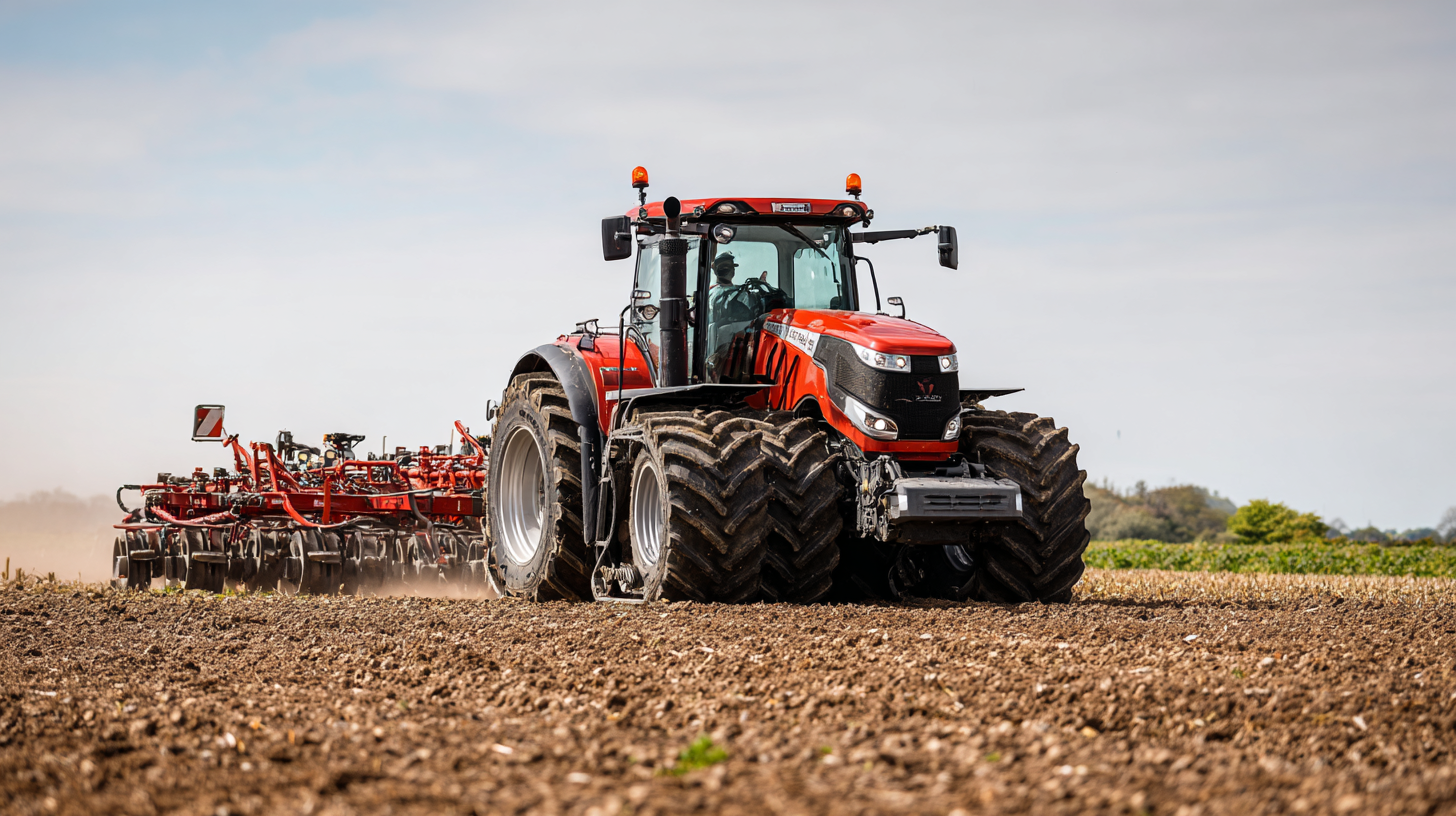
Another essential factor to assess is the manufacturing process and quality control standards of the cylinder. Cylinders produced through advanced techniques, such as precision machining and rigorous quality testing, are more likely to meet industry standards and perform consistently over time. Assessing the manufacturer's reputation and customer feedback can provide insights into the reliability of their products, aiding farmers in making informed decisions. Lastly, compatibility with existing machinery and specific farming applications should also be evaluated to ensure optimal performance and efficiency.
When selecting agricultural cylinders for your farming needs, understanding pricing and warranty options is crucial for budget-conscious decisions. According to a 2022 report by the Agricultural Machinery Manufacturers Association, the average cost of hydraulic cylinders used in farming machinery can range from $300 to $1,200 depending on size, type, and specifications. This variability underscores the importance of comparing different manufacturers and their pricing structures to find solutions that align with the farmer's budget and operational requirements.
In addition to cost, warranty options can significantly influence purchasing decisions. A survey conducted by Farm Equipment Magazine in early 2023 indicated that nearly 68% of farmers prioritize warranty terms when investing in agricultural equipment. Extended warranties can provide peace of mind, especially for those investing in high-end cylinders. Some manufacturers are beginning to offer warranties that last up to five years for heavy-duty models, which can enhance long-term value and reduce unforeseen repair costs. As farmers look to optimize their equipment investments, considering both pricing and warranty options will ensure that they choose the right agricultural cylinders to meet their operational needs efficiently.
When selecting agricultural cylinders, ensuring compatibility with existing farming equipment and systems is paramount. Farmers must evaluate their current machinery to determine the specifications and functionalities needed for optimal integration. This involves understanding the hydraulic systems in use, as different cylinders may have varying pressure ratings, sizes, and connection types. By aligning the characteristics of the cylinders with the established systems, farmers can avoid costly modifications and downtime that result from incompatible equipment.
Moreover, it is crucial to consider future expansion or changes in farming practices. As the agricultural landscape evolves, new technologies such as agricultural UGVs (Unmanned Ground Vehicles) are becoming increasingly popular, with significant market growth expected. Thus, farmers should opt for cylinders that not only fulfill present requirements but also offer flexibility for incorporation into future technological advancements. This foresight can enhance operational efficiency and productivity in the long run, securing a more sustainable farming operation.
| Criteria | Description | Importance Level | Common Applications |
|---|---|---|---|
| Size | The physical dimensions and bore size of the cylinder | High | Tractors, Harvesters |
| Pressure Rating | Max pressure the cylinder can handle | Critical | Plowing, Planting |
| Material | Construction material affecting durability and corrosion resistance | Medium | Transport Equipment |
| Type | Type of cylinder (single-acting, double-acting) | High | Harvesting, Tillage |
| Compatibility | How well the cylinder works with existing systems | Critical | Seeders, Sprayers |
